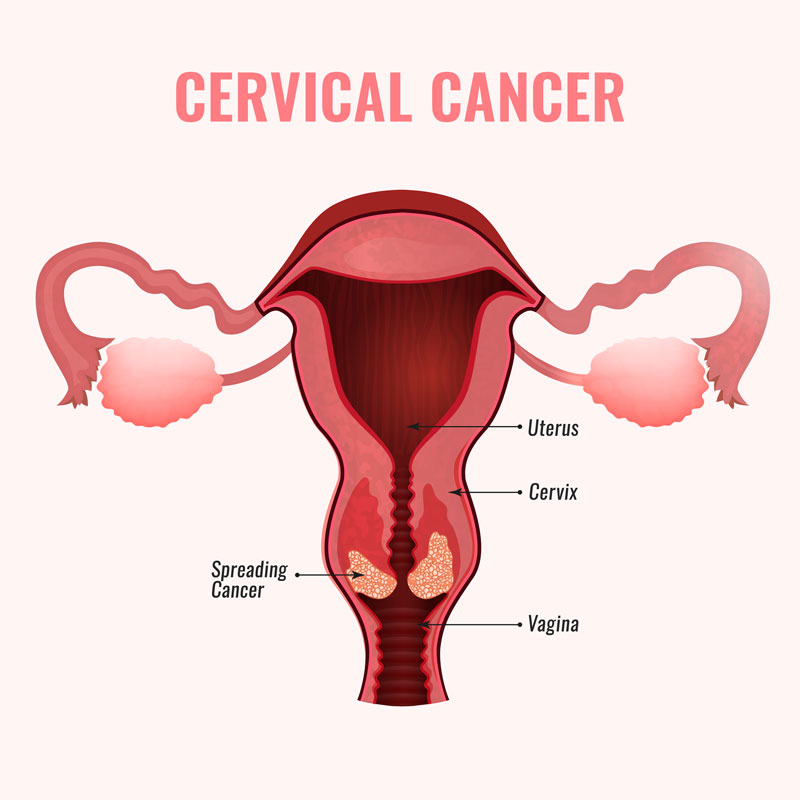Clinicopathological correlation of invasive squamous cell carcinoma of uterine cervix: A cross-sectional study
DOI:
https://doi.org/10.15419/bmrat.v6i11.573Keywords:
cervical cancer, clinico-pathological features, squamous cell carcinoma, uterine cervixAbstract
Objective: Cervical cancer is a common cancer in females. Clinicopathological features vary and are heterogeneous in different studies. This study was taken up to know the clinicopathological correlation in squamous cell carcinoma (SCC) of the cervix in our population.
Methods: This is a cross-section study. Histologically confirmed cases of squamous cell carcinoma of the cervix are considered. Clinical history, socio-demographic details, clinical findings including stage and histological grade of the disease are noted and statistically analyzed.
Result: The age range of cases was 30-80 years, with a mean of 54.2+/-12.0. The age range at marriage was 12-23 years, with a mean of 15.7+/-2.1. Parity ranged from 1 to 11, with a mean of 3.6+/-1.6. The p-value between bleeding pervagina and other symptoms versus no bleeding per-vagina and other symptoms, stage of disease between pre & peri-menopausal, and post-menopausal cases were 0.011 and 0.020, respectively. Growth followed by bleeding was common clinical findings. The p-value between the stage of the disease and age, histological grade and parity, histological grade and clinical features was 0.032, 0.001, and 0.031 respectively.
Conclusion: Younger age group cases and pre & peri-menopausal women present the disease at an early stage. Older age women present at an advanced stage. Higher parity had a higher risk of cervical cancer of well differentiated SCC. Bleeding per-vagina was a more common clinical presentation in post-menopausal women. Clinical features of bleeding per vagina with other symptoms were more common in well differentiated SCC.

Downloads
Published
Issue
Section
License
Copyright The Author(s) 2017. This article is published with open access by BioMedPress. This article is distributed under the terms of the Creative Commons Attribution License (CC-BY 4.0) which permits any use, distribution, and reproduction in any medium, provided the original author(s) and the source are credited.
